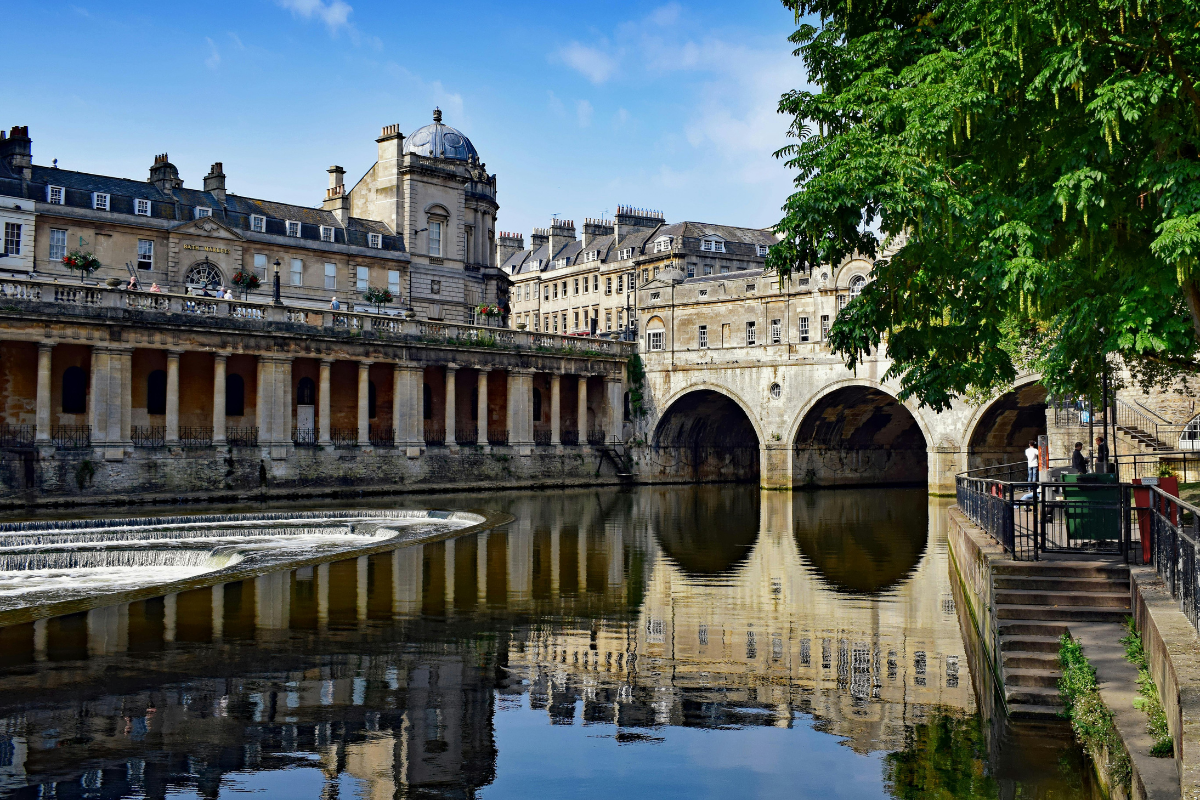
New findings propose that the physical presence of impressive elements of cultural heritage can trigger creative feelings and thoughts
Photo: Jocelyn Erskine-Kellie via Pexels
Cultural heritage drives economic growth by boosting creativity
Report identifies 'tangible link' between a region's heritage, creativity and economic performance.
Cultural heritage can positively impact economic development by boosting creativity, an academic study commissioned by Historic England has found.
Silvia Cerisola of the Polytechnic of Milan conducted the study, which compared the presence of local heritage sites and listed buildings against census and business data on industry and economic development.
In the paper, Cerisola says that although traditionally, the economic impact of cultural heritage has been primarily associated with tourism, it also triggers more “intangible and sophisticated” mechanisms that can help support regional commerce.
READ MORE:
- Heritage key to creative industries’ success, report claims
- Investment in creative businesses 'grows the national economy'
Cerisola proposes that cultural heritage can positively impact economic development through creativity, which can be “triggered by feelings and thoughts inspired by the exposure to the physical presence of impressive elements of cultural heritage”.
Citing previous studies, the author also stresses that cultural heritage can act as a driver of “curiosity and of the capability to doubt, to learn and to innovate” and critical thinking, and therefore plays an “essential role” in local development, leading to a sense of belonging and identity.
Artistic, scientific and economic creativity
The report also examined the interaction between artistic, scientific and economic creativity and heritage, suggesting that regions with high levels of creative talent perform better at wealth creation.
Its findings indicate that cultural heritage enhances economic development by inspiring economic creativity, for example, by “stirring up related entrepreneurial and business ideas”.
While the study didn’t find that the three types of creative talents appear to affect GDP growth individually, in areas where artistic and scientific creativity had stronger links with economic creativity, a trend emerged showing better economic performance.
The paper concluded that cultural heritage is a determinant of economic creativity, which, in turn, when interacting with artistic and scientific creativity, favours economic development.
“This means that regions in which abundant economic creativity is accompanied by rich artistic or scientific creative talents grow more than the others," the report said.
"In other words, regions where economic creativity is abundant and concurrently present with either artistic or scientific creative talents, perform better than the others.
“It is extremely important to raise awareness on cultural heritage as an effective tool for enhancing economic performance, and not only as a burden to be [borne] just because of 'moral' concerns”."
'Tangible link'
Speaking to The Observer, Neil Mendoza, Chair of Historic England, said: “This report reveals what has been suspected for a long time – that there is a tangible link between historic places and increased creativity and economic activity.”
“It demonstrates that the heritage that surrounds us and belongs to us all has a positive, significant effect on artistic creativity as well as a positive impact on scientific creativity. It makes sense, because we know that heritage is a catalyst for regeneration. It boosts local pride and it makes people feel good – 93% of people agree that local heritage raises their quality of life.”
“The results show how important our built heritage really is as a magnet for creative industries, and how much it brings to the table. It is a signal that we should see our heritage as a vital influencer of creativity and economic growth, and one of our country’s core strengths.”
Join the Discussion
You must be logged in to post a comment.